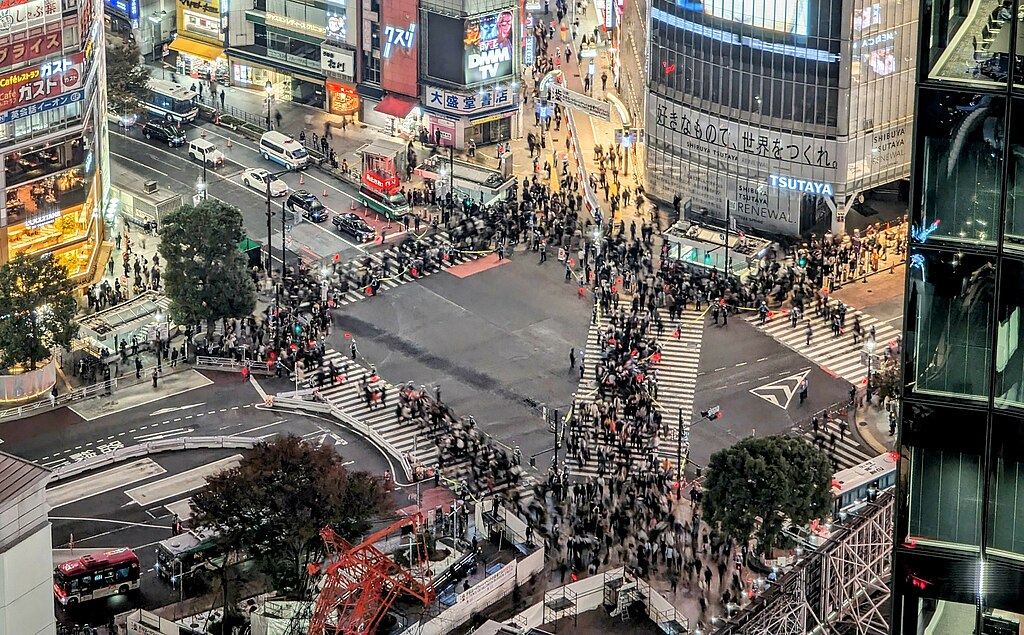Japan’s Nikkei 225 plunged to an eight-month low on Thursday after U.S. President Donald Trump announced sweeping reciprocal tariffs, including a 24% duty on Japanese imports. The index dropped as much as 4.6% in early trading, hitting 34,102.00 — its lowest level since August 7 — before trimming losses to a 2.9% decline by 0050 GMT.
Market sentiment turned sharply risk-off, with 216 of the Nikkei's 225 listed companies falling into the red. The broader Topix index also took a heavy hit, losing as much as 4.3% before recovering slightly to trade down 3.1%.
The tariffs, significantly higher than the anticipated 10–20%, came as a shock. “We thought tariffs would be 10%, maybe 20%, but instead they were a whopping 24%,” said Kazuo Kamitani, equities strategist at Nomura Securities. “Call it the Trump tariff shock.”
Bank stocks led the decline, sliding 6.4%, as falling global bond yields dampened earnings expectations from lending and investments. Automakers also suffered steep losses. The Tokyo Stock Exchange’s automaker sub-index fell nearly 4%, with a separate 25% tariff on Japanese car exports to the U.S. taking effect later in the day. Toyota Motor shares dropped 4.7%.
Japan’s semiconductor sector was hit hard. Tokyo Electron, a major chip equipment maker, slumped 5.8%, while Advantest, a key supplier to Nvidia, lost 4.9%.
As geopolitical trade tensions escalate, investor confidence in Japanese equities has taken a major hit, driving capital outflows and adding further volatility to global markets.



 Trump Signs Executive Order Threatening 25% Tariffs on Countries Trading With Iran
Trump Signs Executive Order Threatening 25% Tariffs on Countries Trading With Iran  Japan Economy Poised for Q4 2025 Growth as Investment and Consumption Hold Firm
Japan Economy Poised for Q4 2025 Growth as Investment and Consumption Hold Firm  Thailand Inflation Remains Negative for 10th Straight Month in January
Thailand Inflation Remains Negative for 10th Straight Month in January  Japanese Pharmaceutical Stocks Slide as TrumpRx.gov Launch Sparks Market Concerns
Japanese Pharmaceutical Stocks Slide as TrumpRx.gov Launch Sparks Market Concerns  Silver Prices Plunge in Asian Trade as Dollar Strength Triggers Fresh Precious Metals Sell-Off
Silver Prices Plunge in Asian Trade as Dollar Strength Triggers Fresh Precious Metals Sell-Off  U.S. Stock Futures Slide as Tech Rout Deepens on Amazon Capex Shock
U.S. Stock Futures Slide as Tech Rout Deepens on Amazon Capex Shock  Gold and Silver Prices Slide as Dollar Strength and Easing Tensions Weigh on Metals
Gold and Silver Prices Slide as Dollar Strength and Easing Tensions Weigh on Metals  South Korea’s Weak Won Struggles as Retail Investors Pour Money Into U.S. Stocks
South Korea’s Weak Won Struggles as Retail Investors Pour Money Into U.S. Stocks  Dollar Near Two-Week High as Stock Rout, AI Concerns and Global Events Drive Market Volatility
Dollar Near Two-Week High as Stock Rout, AI Concerns and Global Events Drive Market Volatility  Oil Prices Slide on US-Iran Talks, Dollar Strength and Profit-Taking Pressure
Oil Prices Slide on US-Iran Talks, Dollar Strength and Profit-Taking Pressure  Asian Stocks Slip as Tech Rout Deepens, Japan Steadies Ahead of Election
Asian Stocks Slip as Tech Rout Deepens, Japan Steadies Ahead of Election  Australia’s December Trade Surplus Expands but Falls Short of Expectations
Australia’s December Trade Surplus Expands but Falls Short of Expectations  Fed Governor Lisa Cook Warns Inflation Risks Remain as Rates Stay Steady
Fed Governor Lisa Cook Warns Inflation Risks Remain as Rates Stay Steady  U.S.-India Trade Framework Signals Major Shift in Tariffs, Energy, and Supply Chains
U.S.-India Trade Framework Signals Major Shift in Tariffs, Energy, and Supply Chains  Vietnam’s Trade Surplus With US Jumps as Exports Surge and China Imports Hit Record
Vietnam’s Trade Surplus With US Jumps as Exports Surge and China Imports Hit Record  Dollar Steadies Ahead of ECB and BoE Decisions as Markets Turn Risk-Off
Dollar Steadies Ahead of ECB and BoE Decisions as Markets Turn Risk-Off  Asian Markets Slip as AI Spending Fears Shake Tech, Wall Street Futures Rebound
Asian Markets Slip as AI Spending Fears Shake Tech, Wall Street Futures Rebound 
























